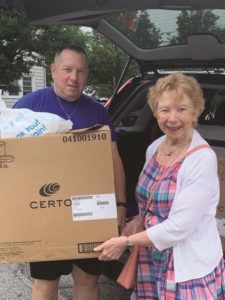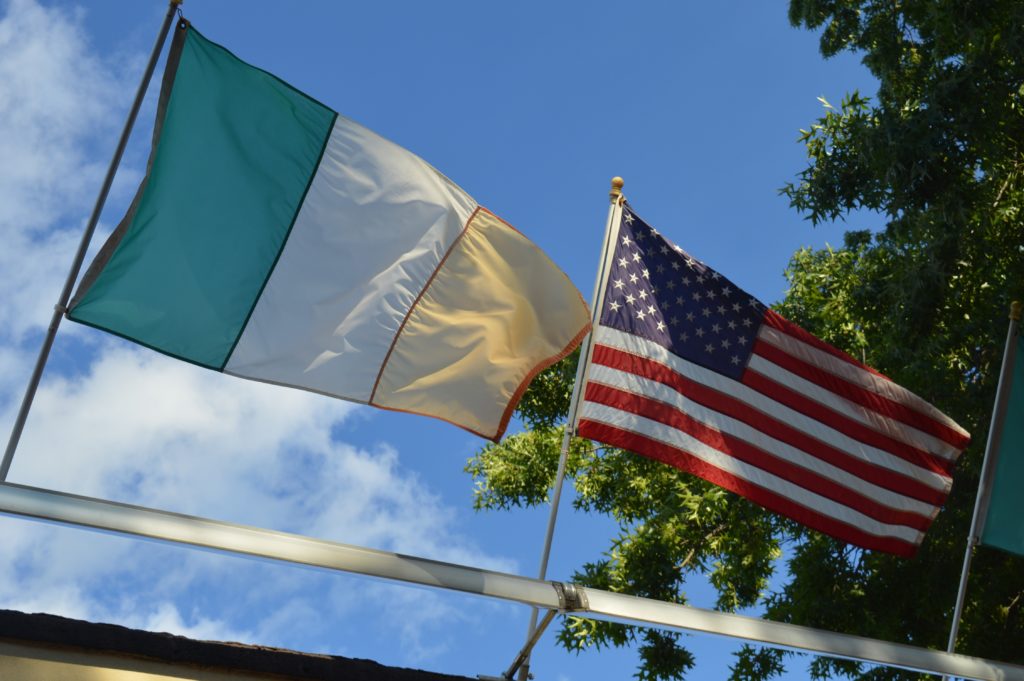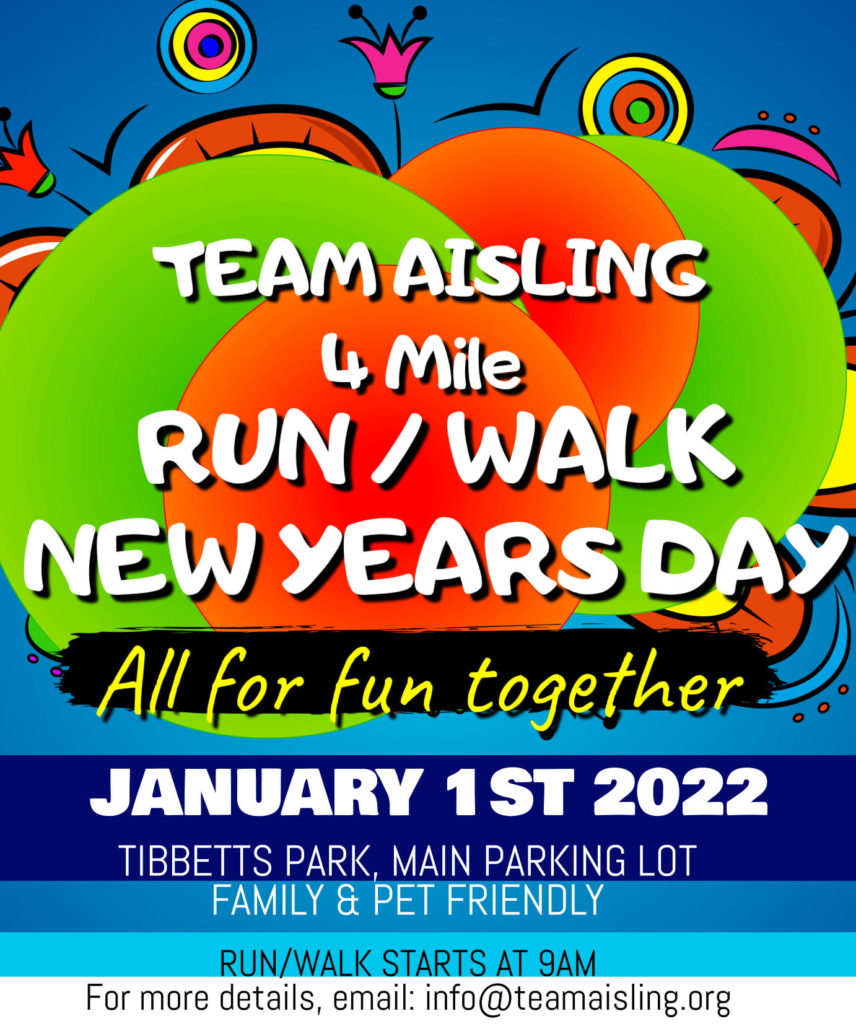Siobhan Dennehy’s job was already plenty challenging, as St. Patrick’s Day 2020 approached.
“There were over a thousand changes made to U.S. immigration law,” noted Dennehy, a Dublin native, and Executive Director of the New York-based Emerald Isle Immigration Center (EIIC).
As immigration advocates across the country worked to make sense of these legal changes, they continued doing what they’ve always done: matching up recent Irish immigrants with businesses in need of workers, answering complex questions about taxes, green cards or health insurance, and tending to the particularly sensitive issues faced by the undocumented.
But by the Spring of 2020, as COVID-19 came to dominate news reports and social media, staffers at Irish immigration centers across the country suddenly had new, urgent matters to tend to – severe illness and death, isolation and depression, industrywide-layoffs.
“At first, the essential needs of food and economic hardship were most significant,” Emily Norton Ashinhurst, a Wicklow native and Executive Director of Philadelphia’s Irish Diaspora Center (IDC), told Irish America.
“As time moved on, mental health crises became our biggest challenge.”
In Boston, Irish immigrant advocates had just unveiled the newly-named Rian Immigrant Center (RIC) in February 2020, using the Irish word for a path that needs to be cleared.
The name “reaffirm(ed) our commitment to welcoming immigrants from around the world while honoring our Irish roots,” Executive Director Ronnie Millar noted in a recent RIC staff report.
Eighteen months living under a global pandemic presented no shortage of paths that needed to be cleared.
For years, the Aisling Irish Community Center in Yonkers had numerous programs to feed and assist the homeless.

Throughout 2020, Aisling redoubled its efforts, teaming up with local organizations such as Grateful Givers and Team Happy Feet, to distribute everything from socks, underwear and toothbrushes to the homeless, to coffee and sandwiches to medical workers and first responders.
Ronnie Millar, from the Rian Center in Boston, called 2020 “the most challenging year in recent history.”
Irish immigrants all over the U.S. were hit particularly hard because of their historic ties to industries like hospitality and construction, whole swaths of which simply shut down.
“We’ve never helped as many people move home to Ireland,” said Dennehy.
Those who stayed in the U.S. built coalitions to maximize outreach and resources.
In Boston, Rian partnered with 14 other immigrant centers to create the Massachusetts Immigrant Collaborative, assisting tens of thousands of families with emergency cash, food, and vaccine access.
In New York, a fund-raising initiative called “Sláinte 2020” included the Aisling Center, EIIC and other Irish community stalwarts, such as the New York GAA, Tara Circle, United Irish Counties Association, and the New York Irish Center.
Volunteering collectively under the motto, “Ni Neart go cur le cheile (there is no strength without unity), these five local Irish organizations raised an impressive $560,000. A resounding example of the strength and good will that exists in the vibrant Irish community here in New York. What has been referred to as the “spirit of meitheal” – of helping neighbors in need – even spanned the Atlantic, and the centuries.
An estimated 25,000 donors in Ireland contributed nearly a million dollars to assist families on Hopi and Navajo reservations in Utah, Arizona and New Mexico, who were hit particularly hard by COVID.
“For many of the Irish,” the Washington Post noted, “it’s about giving back after the Choctaw Nation of Oklahoma helped their ancestors in the spring of 1847.”
That was when Choctaws at a tribal meeting in Skullyville, Oklahoma, read a letter from the Memphis Irish Relief Committee, about the suffering and starvation caused by the Great Hunger.

The Choctaws “took up a collection, pooled together $170 and sent it to a group collecting money in New York,” the Post noted, adding that equals about $5000 in today’s money.
Looking ahead, Irish immigrant advocates are anxious to get their offices open and resume face-to-face work.
Several told Irish America that it’s too early to tell how COVID will impact the long-term flow of immigrants from Ireland to the U.S.
Either way, COVID has permanently changed how Irish immigrant advocates do their work.
“The pandemic opened our eyes to the more serious struggle our undocumented community members face,” Ashinhurst said.
“The need for food and funds remains even though work has returned. Those living without documentation face health challenges – especially mental health challenges – in a different way. The lack of insurance options makes it difficult to seek help. The knowledge that services are needed has raised tough questions about how we, as a social services agency, can best support the community.”
Others noted that counseling and related services will likely combine in-person meetings with communication technologies such as Zoom.
Most importantly, immigrant advocates are waiting to see if lawmakers in Washington take up the issue of structural and substantive immigration reform.
Writer’s note: Those mentioned about continued giving back throughout 2021 and into 2022. In fact, the Aisling Irish Community Center is starting the New Year off with a family friendly 4 mile run/walk at 9:00 am on Saturday January 1, 2022 at Tibbetts Park. To learn more about activities at Aisling follow them on Facebook or to make a donation visit Aislingcenter.org.♦



Leave a Reply